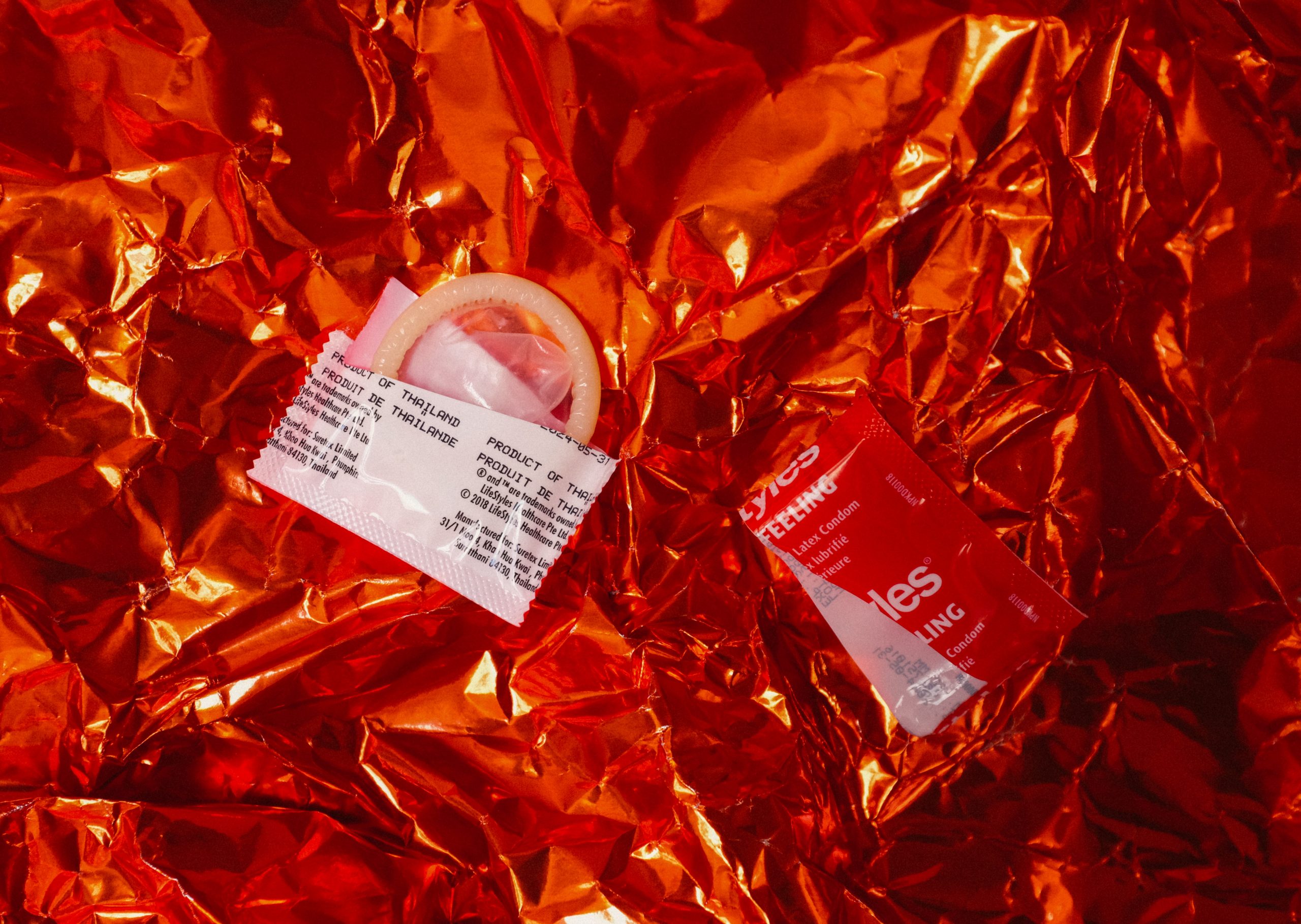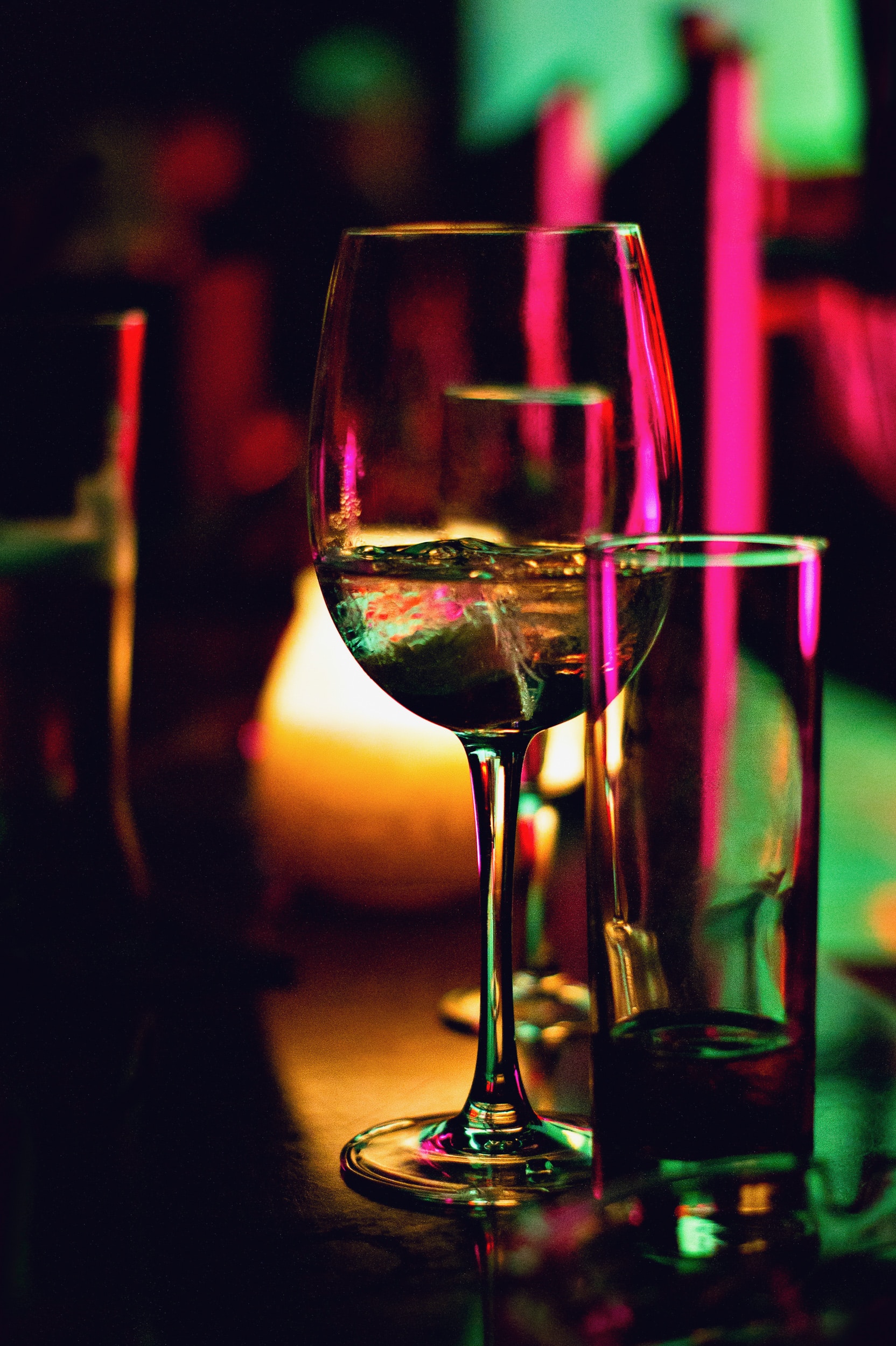RESOURCE HUB:
Alcohol & Sexual Health

Alcohol and Sexual Health
Overview
Alcohol consumption can reduce inhibition and impair judgement. This increases the likelihood of sexual risk taking, which in turn increases the risk
of sexual assault, catching a sexually transmitted infection (STI) and/or becoming pregnant.
Alcohol affects your coordination and judgement. Initially, it makes the user feel more relaxed and this can lead to the reduction of inhibitions (which means you ‘let go’ and do things you wouldn’t normally do if you were sober). As more alcohol is taken the user becomes more uncoordinated and less in control, which increases the risk that you may forget to take precautions or be persuaded not to use a condom. You may end up having sex with someone when you would not have done so if sober.
As alcohol can make a person less able to control their behaviour or judgement, in some cases this could even result in sexual assault. Sex is all about choices, and consent. If you really don’t want to do something, don’t be scared to say no. A decent, caring partner will understand and respect your decision and if anyone tries to pressurise you or force you into doing something you don’t want to do, think hard about whether you want to continue the relationship.
Nobody has the right to do anything sexual to you without your consent. Excessive alcohol intake can result in unsafe situations. It’s easy to forget about safe sex or even general personal safety if your judgement is seriously impaired.
Alcohol acts as an anaesthetic and results in numbing of the genitals nerve cells and reduced sensitivity. This can make it harder to maintain an erection and reach orgasm. For women, it can reduce lubrication, make it harder to reach orgasm or reduce the intensity of orgasms. Over time heavy drinking could lead to impotence, shrinking of the genitals and a reduced sperm count. If you have ever heard about ‘Date Rape’ drugs Alcohol has to be at the top of that list.
Women who drink over the UK Chief Medical Officers’ (CMO) low-risk drinking guidelines of 14 units a week can take longer to become pregnant and can suffer from menstrual and fertility problems. The low-risk guideline is the same for men and women.


Here are some ways you can keep yourself safe
- If you are finding that you are engaging in risky sexual behaviour, consider drinking less when you are out.
- Ask someone you trust to keep an eye out for you when you are out together, so you don’t get into tricky situations.
- Be in a safe frame of mind. Don’t go out with an expectation that you will be having sex.
- Make sure you carry condoms so you have them to hand just in case you do have sex.
- Keep an eye on your drink when you are out.
- If you use the contraceptive pill, take it before you start drinking, so if you are sick it will still work.
- If you are trying to conceive, try cutting down your units gradually. Start off by reducing your drinking each day, and then try having a few alcohol-free days a week.
- Ask your partner to help you by cutting down their drinking as well. If you are trying to conceive this is vital, as drinking impairs sperm count and heavy drinking can cause temporary impotence.
If you need help to stop drinking, or have any concerns or questions about pregnancy and alcohol, contact your GP or midwife or visit: www.drugsandalcoholni.info for information on local services.
Drink Spiking & Date Rape Drugs
Drink spiking is when alcohol or drugs are placed into someone’s drink without their permission.
A person’s drink can be spiked to make them more vulnerable for a variety of reasons, including theft, sexual assault or as an attempted joke. Because there are no official statistics it’s difficult to know the true extent of the crime. Often people don’t report drink spiking because they have no proof, don’t remember details of the night or they feel embarrassed. It can be a scary experience and it’s important to be able to recognise the signs your drink has been spiked or how to help a friend you suspect has been a victim.
What are date rape drugs?
According to the NHS, alcohol is used more commonly than drugs to spike drinks. Shots of alcohol can be added to drinks to make them stronger. This causes someone to get drunk much quicker than expected. Rohypnol (or Roofie) and Gamma Hydroxybutyrate (GHB) are the most commonly known ‘date-rape’ drugs. They can be odourless, colourless and tasteless. They also leave the body within a short amount of time making them hard to detect.
Both drugs can be used to commit physical and sexual assaults as they can sedate or incapacitate a victim, making them more vulnerable to attack. Recreational drugs like Ecstasy, Lysergic Acid Diethylamide (LSD), Ketamine and other ‘party-drugs’ are sometimes used to spike alcoholic drinks. Mixing alcohol and stimulants is very dangerous and can cause serious problems, ranging from nausea to heart failure.
Symptoms of drink spiking
The effects of drink spiking vary depending on what you’ve been spiked with. Your symptoms could include:
• Lowered inhibitions
• Loss of balance
• Visual problems
• Confusion
• Nausea
• Vomiting
• Unconsciousness
Dr Sarah Jarvis, Drinkaware medical advisor, says: “The symptoms will depend on lots of factors such as the substance or mix of substances used (including the dose), your size and weight, and how much alcohol you have already consumed.”
“If your drink has been spiked it’s unlikely that you will see, smell or taste any difference. Most date rape drugs take effect within 15-30 minutes and symptoms usually last for several hours. If you start to feel strange or more drunk than you should be, then get help straight away.”
How to help a friend
If your friend is showing any of the signs described above there are few things you can do to help:
• Tell a bar manager, bouncer or member of staff
• Stay with them and keep talking to them
• Call an ambulance if their condition deteriorates
If you’re on your own, call someone you trust or dial 999 if you need urgent help. If you suspect drink spiking, ask to be taken to the nearest Accident and Emergency department.
Tell the medical staff you think you’ve been spiked. Urine and blood tests carried out in the first 24-72 hours are most likely to detect traces of date rape drugs.
What to do if you’ve been assaulted
One of the effects of date rape drugs can be amnesia, or loss of memory. That means it’s possible that you won’t be sure if you’ve been assaulted. But it’s important that if you suspect you’ve been physically or sexually assaulted you should tell someone. Try to confide in someone you trust like a friend or family member.
You can go to the police, local GP surgery or hospital. If you don’t feel able to do that right away you can call the Rape and Sexual Abuse Support Centre on 0808 802 9999 (12 – 2.30pm and 7-9.30pm every day). Tell the medical staff you think you’ve been spiked. Urine and blood tests carried out in the first 24-72 hours are most likely to detect traces of date rape drugs.
Punishment for spiking someone’s drink
Spiking someone’s drink carries a maximum 10 year prison sentence. Adding a few extra shots to a friend’s drink may seem like a harmless bit of fun but not only could it ruin a good night out but it could also result in serious criminal charges. Assault, rape or robbery carry additional sentences. Sex with someone without gaining the victim’s consent is also a crime.
How to avoid drink spiking
Some clubs give out drink stoppers for the top of your bottle to prevent someone dropping something in your drink. There are also testing kits with strips that detect certain drugs. Don’t forget that these won’t detect extra alcohol in your drink.
Drink spiking can happen in any situation. However, there are a few things you can do to protect yourself. Dr Jarvis advises: “Get into the habit of never leaving your drink unattended and don’t accept a drink from someone you don’t know. Keep an eye on your drink at all times – don’t go off and dance then come back and drink the rest. Avoid drinking too much alcohol by sticking to the Government’s lower risk guidelines of 14 units a week. This will put you in the best position to be alert to anything suspicious and able to look out for your friends.”

